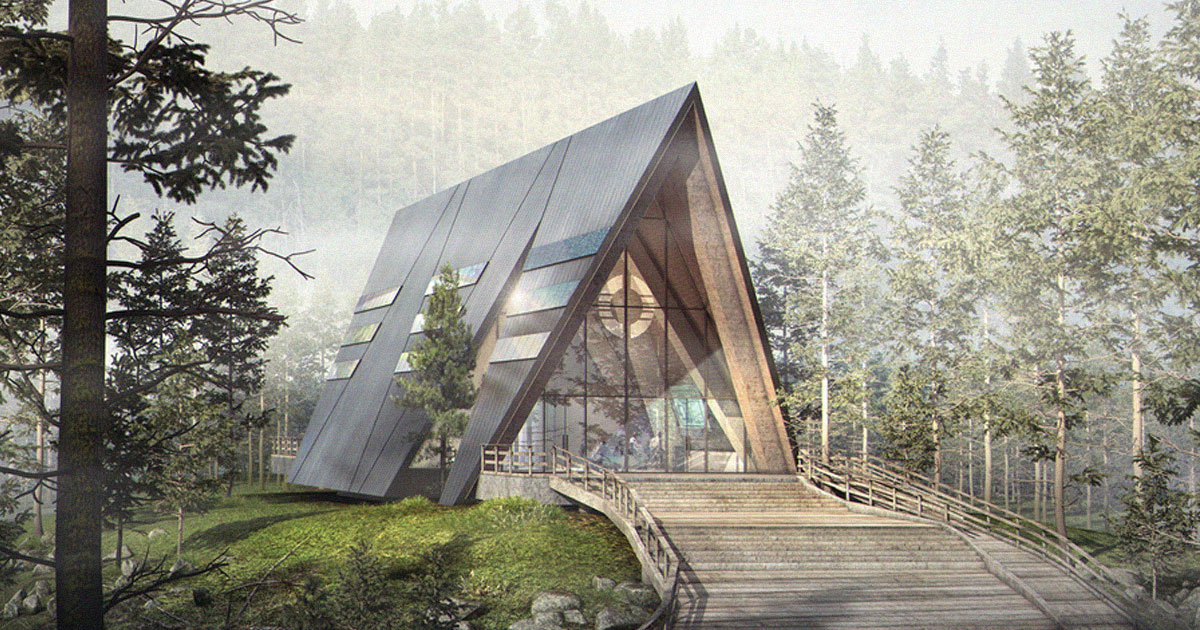“AI is ushering in a new era of heightened power demands for data centers, prompting a search for innovative solutions such as small nuclear reactors.”
Exploring Nuclear Power
The substantial energy consumption of AI data centers is a well-known fact within the tech industry.
To address the escalating need for power, experts are now exploring alternative options, as highlighted in a report by the BBC, including the potential use of compact nuclear reactors to supply energy to individual data centers.
Chris Sharp, the CTO of Digital Realty, emphasized the necessity for the industry to seek alternative power sources.
Compact and Customizable
Over the years, researchers have been developing small modular reactors (SMRs), which are downsized power plants capable of generating power on-site, thereby reducing reliance on traditional power grids.
Despite significant efforts within the industry to materialize this concept, there are currently no operational commercial SMRs worldwide, as outlined by the BBC.
This innovative concept has captured the interest of major players in the AI sector, with reports indicating that Microsoft was exploring the implementation of SMRs to power its data centers, as evidenced by job postings from last year.
Even Sam Altman, the CEO of OpenAI, has made investments in a nuclear startup named Oklo, focused on developing self-regulating SMRs. Altman has also suggested that the energy demands of AI are so substantial that a groundbreaking energy source will be essential.
“The power requirements of data centers are significant, especially with the advancement of AI technology,” stated Michael Bluck, director at the Centre for Nuclear Engineering at Imperial College London, in an interview with the BBC.
However, the widespread production of SMRs to meet these demands is likely to take time.
Bluck mentioned, “There are approximately 50 SMR designs in existence. The key challenge lies in establishing a standardized, factory-style production process for these units.”
One of the primary obstacles that must be addressed is regulatory approval, given the inherent risks associated with nuclear energy. The US Nuclear Regulatory Commission has been collaborating with several SMR designers on preliminary activities in recent years, as indicated on its official website.
In 2020, the commission granted approval for the first SMR design developed by NuScale Power, a startup based in Oregon.
Despite the growing momentum supporting SMRs, it remains uncertain whether they will be the definitive solution to the rapidly escalating energy demands. Companies are urgently seeking ways to expand their operations in the present rather than waiting for future developments.










